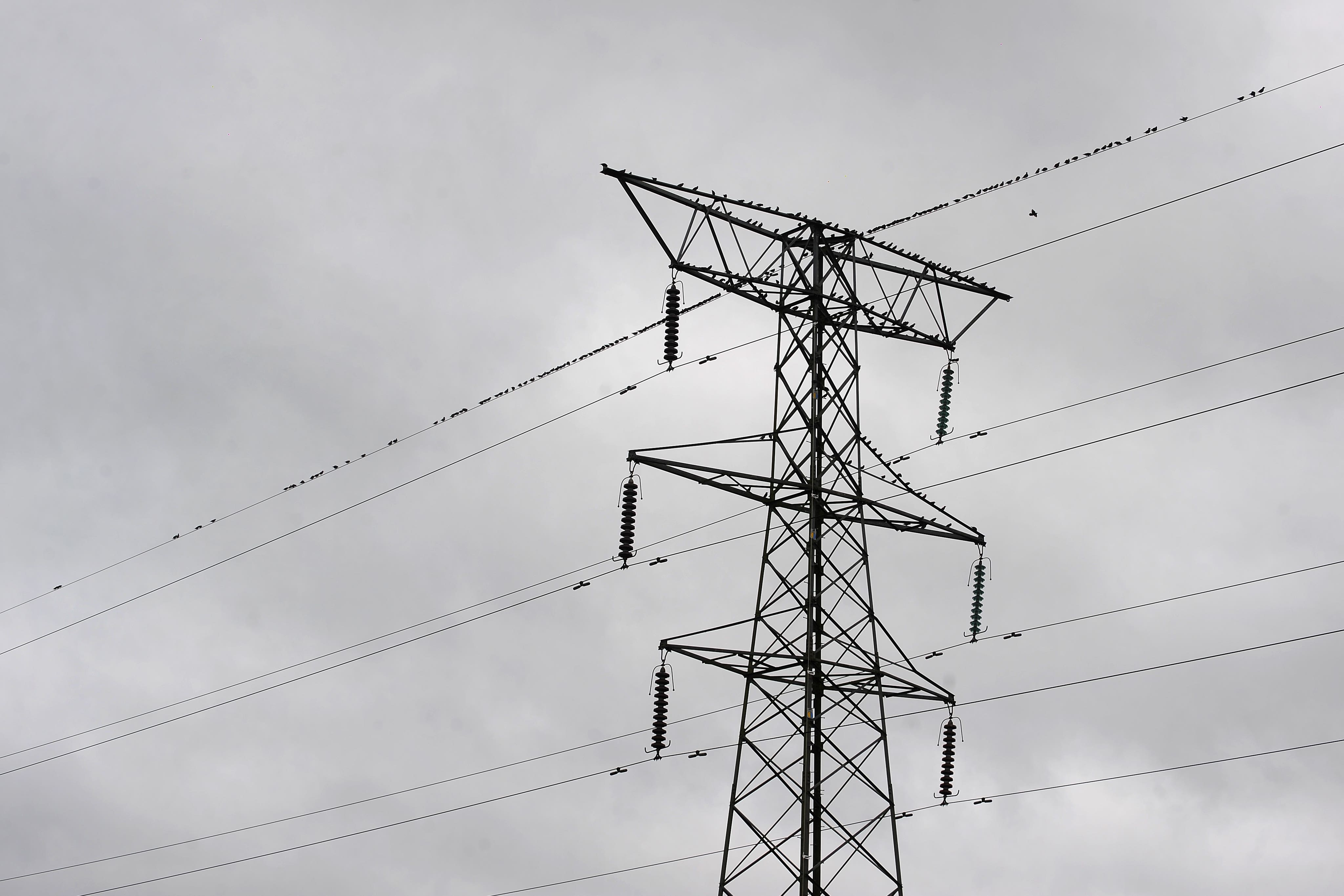Judge rejects High Court challenge over new gas power plant
The Government faced legal action over the granting of development consent for the Net Zero Teesside Project.

Your support helps us to tell the story
From reproductive rights to climate change to Big Tech, The Independent is on the ground when the story is developing. Whether it's investigating the financials of Elon Musk's pro-Trump PAC or producing our latest documentary, 'The A Word', which shines a light on the American women fighting for reproductive rights, we know how important it is to parse out the facts from the messaging.
At such a critical moment in US history, we need reporters on the ground. Your donation allows us to keep sending journalists to speak to both sides of the story.
The Independent is trusted by Americans across the entire political spectrum. And unlike many other quality news outlets, we choose not to lock Americans out of our reporting and analysis with paywalls. We believe quality journalism should be available to everyone, paid for by those who can afford it.
Your support makes all the difference.An environmental consultant has lost a High Court challenge against the Government’s approval of a new gas power station in north-east England.
Andrew Boswell took legal action against ministers over the granting of development consent for the Net Zero Teesside Project by the former Tory government in February.
He alleged that the Department for Energy Security and Net Zero (DESNZ) had failed to “adequately” explain how the power plant, which is forecast to emit millions of tonnes of greenhouse gases, will help deliver the Government’s net zero goal.
In a written ruling on Wednesday, Mrs Justice Lieven dismissed his case, concluding that there was “no logical flaw in the reasoning” set out by ministers.
“The development was strongly supported in national policy, both planning and energy policy,” the judge said.
Last month, Mr Boswell’s lawyers argued that ministers had not given “legally adequate reasons” for backing the project despite recognising its emissions would have “significant adverse effects”.
The department opposed the legal challenge at a two-day hearing in London, arguing the project was a “necessary” part of the country’s decarbonising plan.
The plans for an electricity-generating station will feature “full chain” carbon capture usage and storage (CCUS) technology where “the capture, compression, transportation and permanent storage of carbon dioxide is implemented within a single project”, the court was told.
The claimant may disagree with the analysis and the weight given to different factors, but the reasoning behind the conclusions are both clear and lawful
Developer Net Zero Teesside Power, a joint venture between energy firms BP and Equinor, says on its website that the project will create thousands of jobs and generate electricity to power 1.3 million homes.
It claims up to two million tonnes of carbon dioxide a year would be captured and transported to storage sites under the North Sea.
Catherine Dobson, for Mr Boswell, said in written arguments that the consultant had exposed “a large double-counting error” and other “methodological flaws” over the calculations of the greenhouse gases the station may emit.
She said the final assessment that it may contribute more than 20,450,719 tonnes of “carbon dioxide equivalent” into the atmosphere over its lifetime was “significantly greater” than previous calculations.
The barrister argued there was “a demonstrable flaw in the reasoning” which led to the development consent decision and the Government took an unlawful approach when assessing the need for the project.
Rose Grogan, representing the DESNZ, said in written arguments that the consent decision contained lawful and “adequate” reasons which a minister was “entitled to reach in the legitimate exercise of (their) planning judgment”.
Hereward Phillpot KC, for Net Zero Teesside Power Limited and Net Zero North Sea Storage Limited, said in written arguments that the “first-of-a-kind” project would help provide “a back-up function when renewable generation is low” and was part of efforts to decarbonise “nearly 50% of the UK’s total industrial cluster emissions”.
Mrs Justice Lieven said she agreed with Mr Phillpot that Mr Boswell was “wilfully choosing to ignore what is said in national policy about the net zero trajectory and the need for CCS/CCUS”.
She added: “The claimant plainly disagrees with the secretary of state’s approach, and indeed that of the Climate Change Committee, in their support for this project.
“He is seeking to use this case as a method of challenging the policy support for the scheme by trying to find an inconsistency in the secretary of state’s analysis where none actually exists.
The judge said the Government’s analysis of the project was weighed against “the broader policy context of transition to net zero” and made “perfectly good sense”.
She said it was “entirely clear” why the scheme had been backed despite the level of emissions, concluding: “The claimant may disagree with the analysis and the weight given to different factors, but the reasoning behind the conclusions are both clear and lawful.”